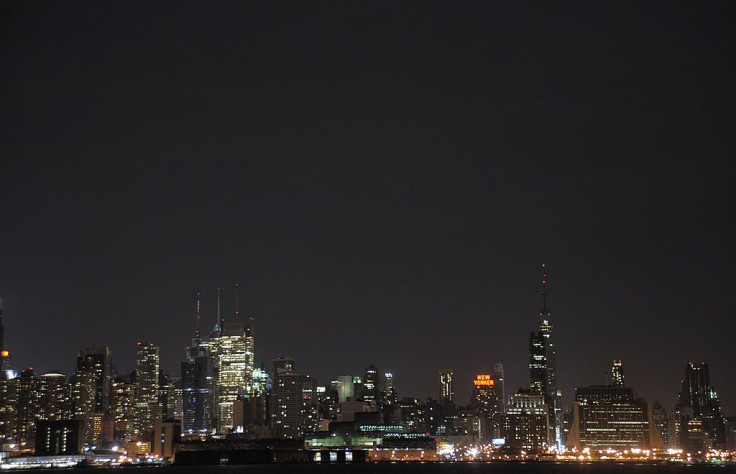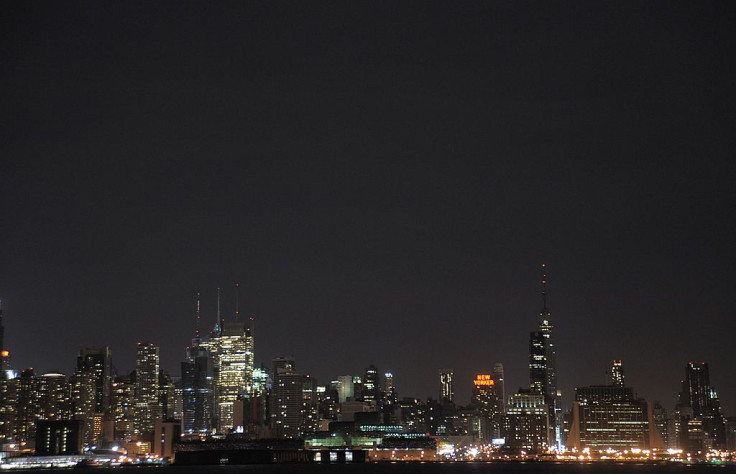New York City Faces Bankruptcy For The First Time In 40 Years

Years of living dangerously -- financially -- have brought cash-strapped New York City to the point where it faces the grim possibility of falling into bankruptcy as early as next year.
Financial analysts noted New York City and Mayor Bill de Blasio are just one recession away from defaulting on its massive debt, and the long dreaded successor to the Great Recession of 2008 is expected to hit bottom in 2020 or 2021. In either case, de Blasio’s fling with skyrocketing public spending worsened by a rising deficit, and paltry revenues has placed New York on the road to an embarrassing bankruptcy it last dealt with in 1975 under Mayor Abraham Beame.
"The city is running a deficit and could be in a real difficult spot if we had a recession, or a further flight of individuals because of tax reform,” said economist Milton Ezrati to the New York Post.
“New York is already in a difficult financial spot, but it would be in an impossible situation if we had any kind of setback.”
Mayor de Blasio is pushing a new budget that includes an additional $3 billion in spending on top of the current $89.2billion. In October 2018, the city said its long-term liabilities hit a record $257.3billion, an increase of $4.7billion since fiscal year 2017. These liabilities include bonded debt, pensions, and other retirement benefits for public sector workers.
The average liability per New York City household has increased by more than $1,500 to $82,577, said the Citizens Budget Commission.

His critics note de Blasio has boosted spending since taking office with the pace of his spending increasing triple the rate of inflation. Compounding this fiscal overreach is the addition of more than 33,000 public sector workers over the last five years, thus boosting the city’s long-term liabilities.
The fiscal picture for New York State isn’t that pretty, either. New York Governor Andrew Cuomo said the state is hounded by a $2.3billion deficit.
He also said the stock market rout in December 2018 led to lower than anticipated tax payments. The Tax Cuts and Jobs Act of 2017 passed by the Republican-led Congress limits the ability to deduct state and local taxes from federal income taxes, and this also contributed to the deficit.
© Copyright IBTimes 2025. All rights reserved.





















